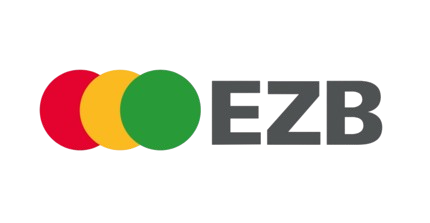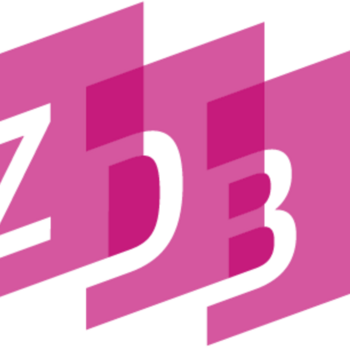Savremene komunikacijske prakse u obrazovanju / Contemporary Communication Practices in Education
DOI:
https://doi.org/10.48052/19865244.2023.1.457Keywords:
communication, direct/mediated communication, consultations, effective communicationAbstract
The subject of the analysis are the practices and effects of changed direct, interpersonal communication on teachers – students reality in the form of online consultations, in new communication technologies mediated by patterns. The text analyzes the transformation of traditional, academic communication practices in teaching processes conditioned not primarily by technological but existential reasons, starting from the hypothesis that the effectiveness of consultative, communication forms cannot be achieved exclusively through mediated forms, the absence of interpersonal, social interaction. The purpose of the analysis was related both to recording the real effects of mediated communication patterns of online consultations and to analyzing indicators of improvement and development forms of online teaching. On the selected sample of students and teachers of the Department of Communication and Journalism Studies, Faculty of Political Science, University of Sarajevo, primarily, study-oriented and interested in the field of studying and researching communication processes, the surveys aims to analyze conditionally mediated communication from the aspect of communicators, participants in the communication as well as from the aspect of the content and mediator of the communication process and its effects in comparison with established, traditional academic practices. The results of the examination of attitudes indicate that the mediated patterns of consultative forms optimized the material, technical dimension of transmission and reception, but reduced the qualitative, content aspect of the message in terms of its understanding and the inclusion of sensory inputs in the communication process. Untimeliness in responding to inquiries, different denotative and connotative forms of understanding the message, and the absence of metacommunication are just some of the recorded indicators of the absence of basic conditions for effective communication in forms of mediated consultation.
References
Bok, D. 2005. Univerzitet na tržištu, Komercijalizacija visokog školstva. Beograd: Clio.
Dizdarević, I. 2000. Psihologija masovnih medija, Mediji, modeli i mjerenja. Sarajevo.
Fidler, R. 2004. Mediamorphosis, Razumevanje novih medija. Beograd: Clio.
Gadamer, H. G. 2000. Um u doba nauke. Beograd: Plato.
Gehlen, A. 1991. Duša u tehničkom vremenu. Sarajevo.
Gone, Ž. 1998. Obrazovanje i mediji. Beograd: Clio.
Iris, A. 1999. Informacione magistrale. Beograd: Clio.
Jenks, C. 2002. Vizualna kultura. Naklada Jesenski i Turk, Hrvatsko sociološko društvo.
Kastels, M. 2014. Moć komunikacija. Beograd: Clio.
Kon, Ž. 2001. Estetika komunikacije. Beograd: Clio.
Korni, D. 1998. Etika informisanja. Beograd: Clio.
Mamford, L. 2009. Tehnika i civilizacija. Novi Sad: Mediterran publishing.
Marković, M. 2008. Poslovna komunikacija sa poslovnim bontonom. Beograd: Clio.
Negropont, N. 1998. Biti digitalan. Beograd: Clio.
Perse, M. E. 2001. Media Effects and Society. Lawrence Erlbaum Associates.
Postman, N. 1992. Technopoly: The Surrender of Culture to Technology. New York: Vintage Books.
Prajs, S. 2011. Izučavanje medija. Beograd: Clio.
Radojković, M., Stojković, B. 2009. Informaciono komunikacioni sistemi. 2. izd. Beograd: Clio.
Tabs, S. 2013. Komunikacija – Principi i konteksti. Beograd: Clio.
Tadić, D. 2006. Moć govora. Beograd.
Todorović, A. L. 2009. Umetnost i tehnologije komunikacije. Beograd: Clio.
Downloads
Published
How to Cite
Issue
Section
License
Copyright (c) 2023 Pregled: časopis za društvena pitanja / Periodical for social issues

This work is licensed under a Creative Commons Attribution-NonCommercial 4.0 International License.














